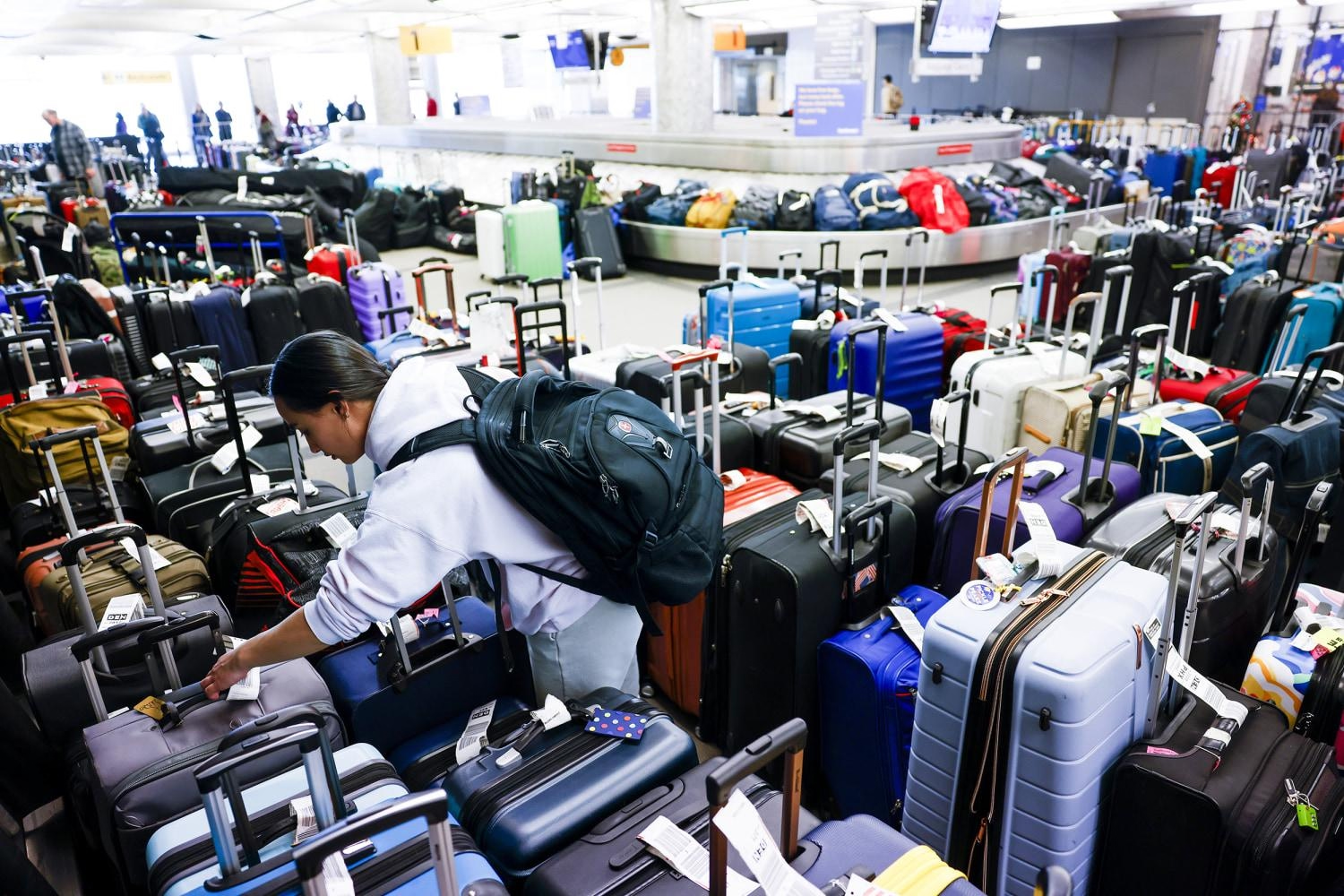AeroGenie — Il tuo copilota intelligente.
Tendenze
Categories
Airlines Use AI to Reduce Lost Luggage

Airlines Harness Artificial Intelligence to Reduce Lost Luggage
Airlines worldwide are experiencing a significant decline in lost and mishandled baggage, driven largely by advances in artificial intelligence (AI) and real-time tracking technologies. According to a recent report by aviation technology firm Sita, the number of mishandled bags globally fell to 33.4 million in 2024, down from 33.8 million the previous year. This improvement occurred despite an 8.2 percent increase in passenger numbers, resulting in a reduced lost luggage rate of 6.3 per 1,000 passengers, compared to 6.9 in 2023. Since 2007, the industry has achieved a remarkable 67 percent reduction in lost baggage incidents.
Technological Innovations Transforming Baggage Handling
Sita attributes these gains to the widespread implementation of AI-powered analytics, real-time baggage tracking, and self-service systems at airports. David Lavorel, Sita’s chief executive, highlighted the transformative impact of automation and tracking technologies, noting that passengers now expect a baggage experience as seamless and transparent as modern rideshare or delivery services. “It’s no longer just about moving bags—it’s about delivering a smooth, connected journey,” Lavorel stated.
These technologies have moved beyond pilot programs and are rapidly becoming standard practice across the aviation industry. Airlines are increasingly leveraging AI to enhance operational efficiency, reduce costs, and improve the overall passenger experience. A key objective is to provide travelers with full visibility and control over their luggage from check-in to arrival, thereby offering greater peace of mind and simplifying the travel process.
Ongoing Challenges and Industry Response
Despite these advancements, lost and mishandled baggage continues to impose significant costs on the aviation sector, estimated at around $5 billion last year. These costs encompass courier returns, customer service, claims processing, and lost productivity. Delays remain the predominant issue, accounting for 74 percent of mishandling incidents, although 66 percent of these cases are resolved within 48 hours.
As airlines integrate AI and advanced tracking into legacy systems, they confront challenges including data privacy concerns, managing customer expectations, and upgrading outdated infrastructure. Nonetheless, the market response has been largely positive, with reports of increased passenger trust and improved operational efficiency. In response, competitors are accelerating their adoption of AI technologies and investing in next-generation tracking solutions.
The growing reliance on AI in baggage handling is also shaping consumer behavior, fostering greater confidence in the reliability of airline services. Industry experts anticipate that as these technologies become more widespread, further reductions in lost luggage rates and enhancements in passenger experience will follow.
While the prospect of lost luggage remains a concern for travelers, the latest data underscores the role of AI-driven innovations in making such incidents increasingly rare and helping airlines provide a smoother journey for millions around the globe.

Emirates Unveils Cabin Design for New Boeing 777X

Eighteen Years On, the Airbus A380 Remains Central to a $34 Billion Airline

How a boom in luxury airline seats is slowing down jet deliveries

Navitaire Outage Attributed to Planned Maintenance

Airbus Plans Record Delivery of 870 Aircraft in 2026

DigiYatra Debuts Outside Aviation at India AI Impact Summit

Vietnam Orders Strengthen Boeing’s Commercial Outlook

Airbus Signals Uncertainty Over Future A400M Orders

JobsOhio Awards $2 Million Grant to Hartzell Propeller for Innovation Center

Collins Aerospace Tests Sidekick Autonomy Software on YFQ-42A for U.S. Air Force CCA Program
